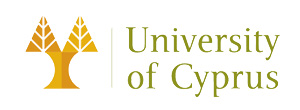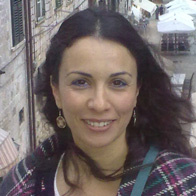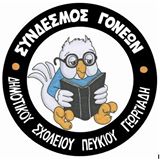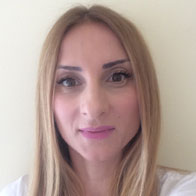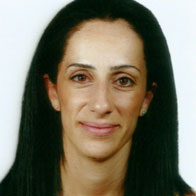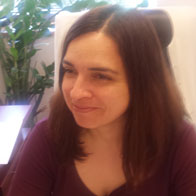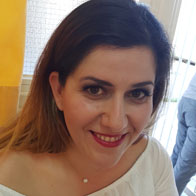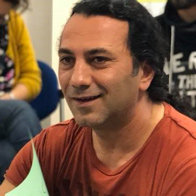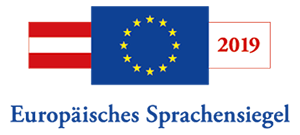Partner in Cyprus (Greek)
University of Cyprus
The University of Cyprus aims to become a leading educational and research institution that will distinguish itself internationally through the promotion of scholarship and will be recognized as a centre of excellence in the Mediterranean region. The main objectives of the University are twofold: a) the promotion of scholarship and education through teaching and research, and b) the enhancement of the cultural, social and economic development of Cyprus.
read more
UCY has formulated a Strategic Plan for its development in the period 2004-2020 namely,
- that the University campus will be fully operational
- offer programmes of studies in nine faculties (aims to establish three new faculties: Medical School, Faculty of Law, Faculty of Fine Arts)
- enroll a total of 10,000 students (7500 undergraduate and 2500 postgraduate)
- employ at least 1000 academic and 1000 administrative personnel.
It has 8 faculties, 22 departments and 11 Research Units namely, Center for Banking and Financial Research, Archaeological Research Unit, Economics Research Center, Nanotechnology, KIOS Center for Intelligent Systems and Networks, Gender Studies, Oceanographic Centre, NIREAS-International Water Research Center, CAN-Center for Applied Neuroscience, Research Center for Sustainable Energy, Molecule Medicine Center. During the academic year 2014 – 2015, 7200 students (undergraduate and postgraduate) are enrolled. It ranks first among the top 10 national beneficiaries of the EC financial contribution according to the e-CORDA data update in July 2014. UCY has implemented successfully more than 95 EU projects during the past 3 years. At present, it is participating in 44 projects funded under FP7, hosts 5 ERC grants and coordinates 12 Marie Curie Individual fellowships. Further, it has participated in 9 ITN projects, one of which it coordinated (Narnia).
In 2008 UCY received the EFQM “Committed to Excellence” Award. UCY uses ECTS and awards the Diploma Supplement (DS). UCY is one of the 52 European universities to which the European Commission awarded the DS Label in May of 2009. The UCY has managed to attract a significant amount of research grants mainly from the European Union, having endorsed the Charter and Code (C&C) for researchers in December of 2010. Thereafter UCY implemented the HRS4R project which aims to the development of a Human Resources Strategy for Researchers. As a result, the European Commission approved the UCY’s Strategic plan on June 11, 2012 and since then the University of Cyprus is acknowledged with the “HR Excellence in Research” logo.
As a proof of its dedication in European integration teaching, it held a Jean Monnet Centre of Excellence and three Jean Monnet Chairs. It has an UNESCO Chair for Equality and Gender Empowerment. UCY is also member to many European and International Networks and Associations, namely: EUA, IAU, UNICA, ACU, Santander Group, AEUA, UNIMED, EAEC etc. In 2010 the first Nobel Prize winner, Prof. Pissarides Christoforos has also joined the academic community of UCY.
The University of Cyprus has also established a University Industry Liaison Office which aims to promote cooperation between academia and enterprises with the ultimate aim to improve the mindset and skillset of its students. This office has been established under the Project “Development and operation of Offices acting as a liaison between Business/ Industry and the various Universities in the Republic of Cyprus” which is coordinated by UCY and funded from EU Structural Funds.
Aims & Objectives
University of Cyprus aims to establish itself as a Pioneer Research Institution achieving International Scientific Recognition in European Higher Education, offering Competitive Programmes and to become a Centre of Excellence in the wider Euro – Mediterranean Region.
Due to the current state of affairs, the University of Cyprus has announced the initiative to fund four scholarships covering housing and tuition fees for refugees. Refugees have all the rights that Cypriot citizens/ students have. Moreover, there UCY supports the initiative from various EU-wide organizations such as UNICA, Santander Group, EAEC and UNIMED to find or develop a formula-model to recognize the qualifications of refugees so as to offer them the opportunity to study in European Universities. A proposal has been made to address this issue in a session during EAIE Conference in September 2016.

